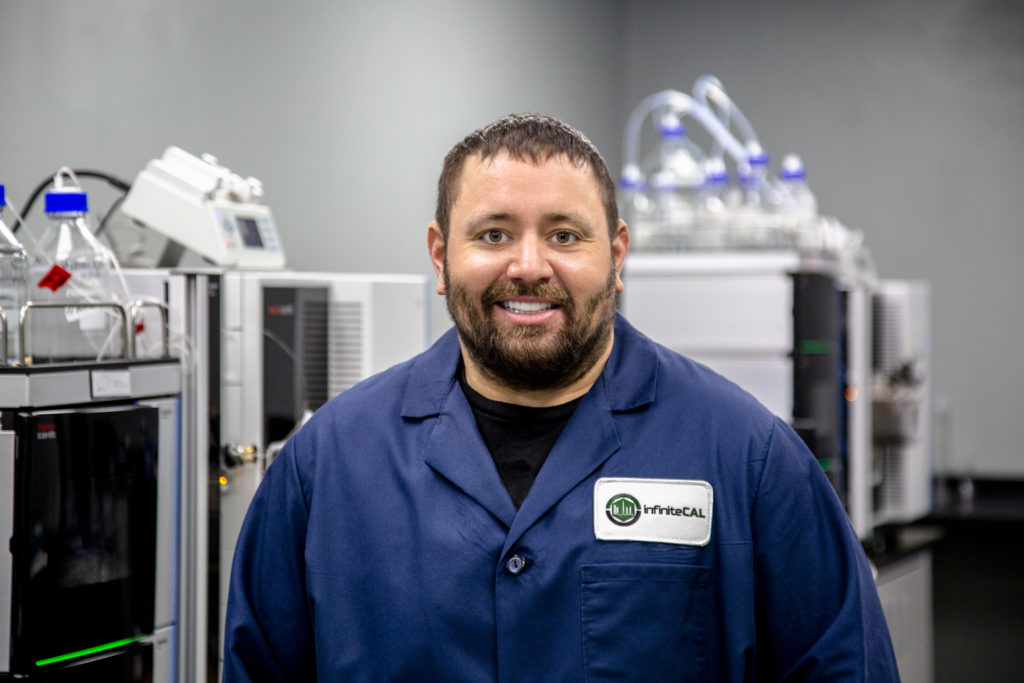If smokeable flower products don’t have COAs proving the THC levels are above 20% or more, there is a good chance many dispensaries won’t carry them on their shelves.
Lab shopping for potency analysis isn’t new, but it has become more prevalent with the increasing demand for high-potency flower over the last couple of years.
At InfiniteCAL, we’ve purchased products from dispensary shelves and found significant discrepancies between the analysis we perform and the report submitted to the BCC by the producer.
Many consumers still don’t understand that THC potency is not the only factor in determining quality cannabis, and they are unwittingly contributing to the demand for testing and analysis fraud.
Another product I reviewed claimed that after diluting an 88% THC distillate with 10-15% terpenes, the final potency test was 92% THC.
Frighteningly, inflating potency numbers isn’t the most nefarious testing fraud happening in the cannabis industry.
As the industry continues to expand and new labs pop up left and right, cultivators and manufacturers have learned which labs are “easy graders” and which ones aren’t.
In fact, I’ve had labs send my clients promotional materials guaranteeing compliant lab results without ever receiving a sample for testing.
InfiniteCAL also operates in Michigan, where the Marijuana Regulatory Agency has already implemented a system to ensure labs are maintaining the highest testing standards.
By simply buying products off the shelves and having them blind-tested by other labs, it would be simple for the BCC to determine if the existing COA is correct.
For example, at InfiniteCAL, we once purchased 30 samples of Blue Dream flower from different cultivators ranging in certified COA potencies from 16% to 38%.
We are not here to get rich; we are here to act as public safety agents who ensure these products are safe for the consumer and provide detailed information about what they choose to put in their bodies.
This complimentary event will have four webinar presentations, all back-to-back and on the same day.
We use tracking pixels that set your arrival time at our website, this is used as part of our anti-spam and security measures.
